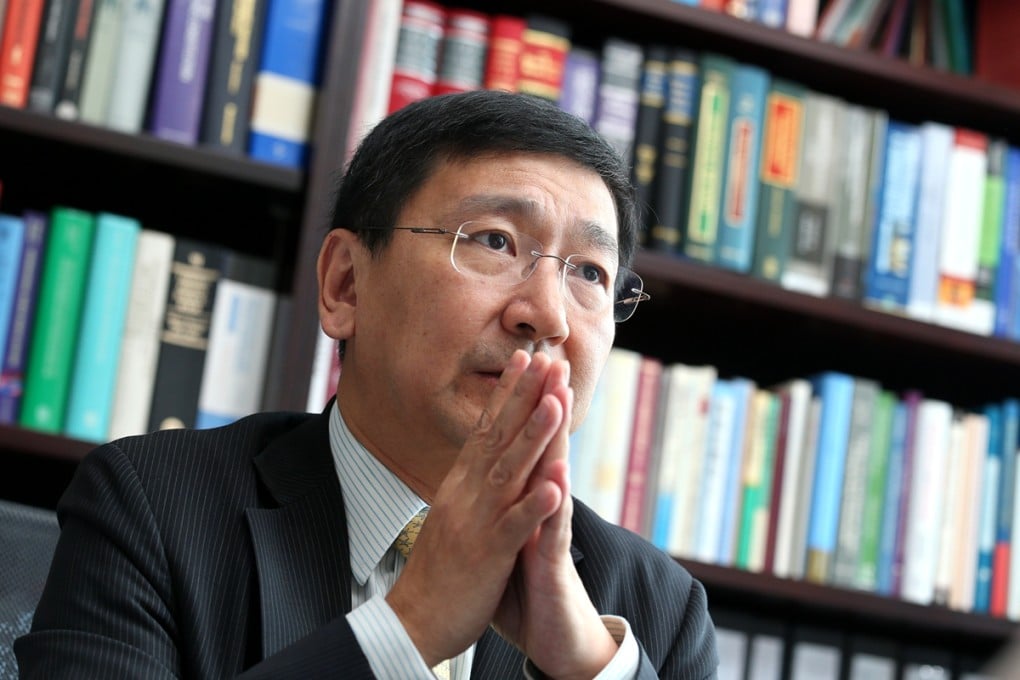Former HKU law dean hits back at 'persecuting attacks' on his faculty's performance
Law academic says reports blaming him for poorer research assessment performance compared to that of rival are 'persecution'

A former law dean of the University of Hong Kong has hit back at a pro-Beijing newspaper, saying reports blaming him for the faculty's poorer performance in the latest university research assessment exercise amounted to persecution.
Professor Johannes Chan Man-mun's comments came after Wen Wei Po on Monday dedicated three pages to reports on the poorer quality of the faculty's research compared to that of Chinese University.
The exercise rates research from the city's eight publicly funded tertiary institutions. The reports, quoting official figures before their publication, blamed Chan for the drop in ranking.
Chan, who stepped down as dean last year, was accused of excessive political participation, supporting the Occupy Central protests and being a member of the Hong Kong 2020 think tank led by former chief secretary and pro-democracy heavyweight Anson Chan Fang On-sang.
The paper cited pro-establishment figures who questioned Chan's suitability to be HKU's next pro-vice chancellor, a position he has been tipped for.
"It is really sad to see these persecuting attacks out of political reasons," Chan said. "It is the prevalence of such attacks that make people sad about the future of Hong Kong."
Wen Wei Po declined to comment last night.